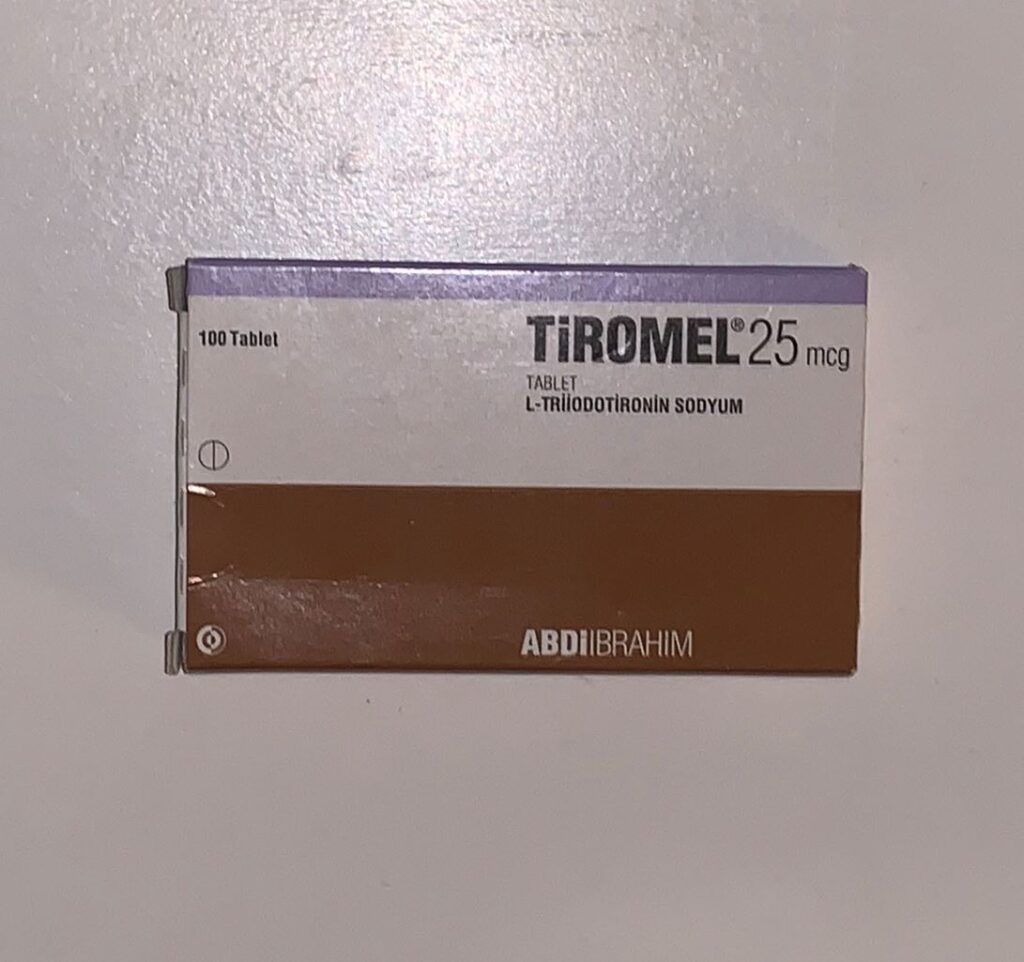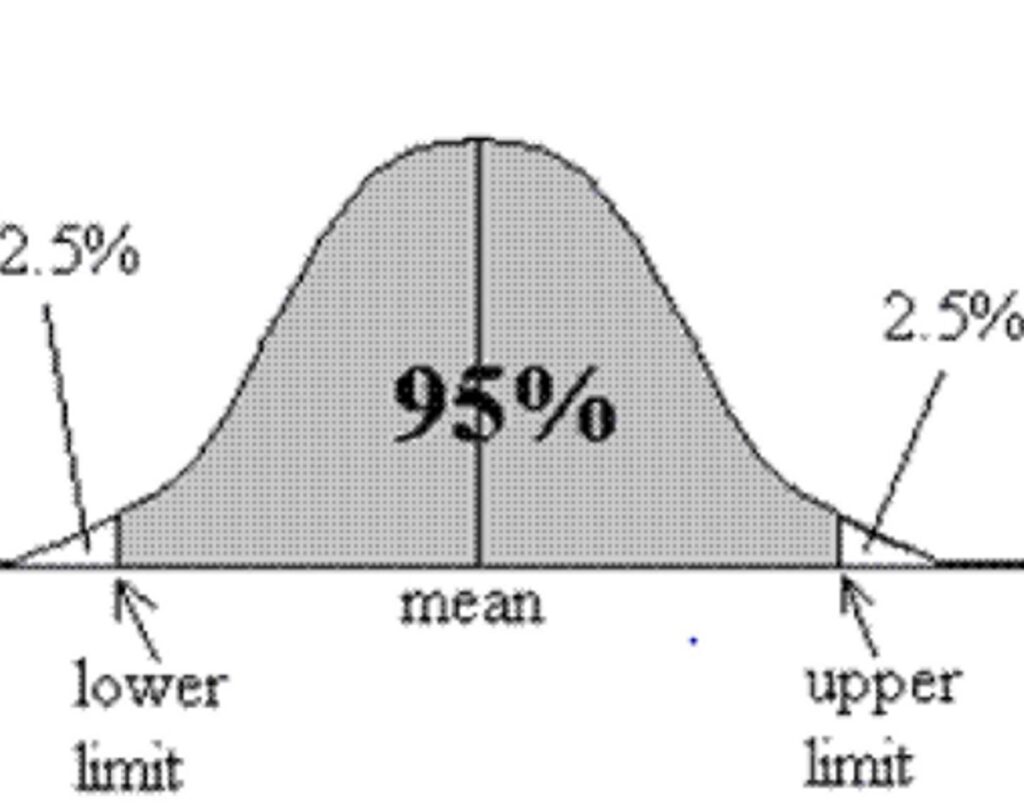Thyroid hormones’s primary role is to increase the metabolic rate of every cell in the body. In simple terms, thyroid hormones make everything faster. For example, this includes the rate at which nutrients are metabolized, neurons communicate, hairs grow, or wounds heal. In addition to increasing the metabolic rate of every cell, thyroid hormones also increase blood circulation, which itself also promotes healthy joints, tendons, skin, hair, and nails.
Thyroid hormone deficiency can produce a hypometabolic syndrome that manifests as depression, fatigue, slowness, brain fog, weight gain, or poor circulation.
It is no coincidence that thyroid hormones are one of the most studied augmentation agents in the treatment of depression. Thyroid hormones stimulate monoaminergic neurotransmitter systems (serotonin, dopamine, noradrenaline) and therefore improve energy, mood, and motivation.
If thyroid hormones improve, antidepressants and stimulants (including coffee) are much more effective and sometimes dosages need to be reduced, or can be phased out completely. Even in non-depressed people, supplemental thyroid hormones tend to improve mood and make the mind “quicker”.
(Of note, in general, many hormones do have potent effects on monoamine transmitter systems. However, monoamines can be high even if hormones are low, and monoamines can be low, even if hormones are high.)
Personal experience
A couple of years ago, I found out that my thyroid hormones are at the lower end of the reference range. After lifestyle interventions did not help (presumably because I was already at my healthy baseline), I decided to take them despite no proven deficiency from a TSH-based reference frame. I do not fully replace my endogenous production but only “supplement” with them.
I had been taking low doses of thyroid hormones for about six years and supplementing with thyroid hormones, in particular a low dose of T3, improved many aspects of my general health, energy levels, sleep, and life enjoyment. I could also work for longer and with more stable energy.
Whenever I stopped taking them, I felt more tired after waking up, my mood and general sense of well-being took a hit, and I needed to drink coffee or take other stimulants to maintain a similar level of functionality, my sleep duration increased, energy levels decreased, and I was cold for a couple of weeks. I also got more infections (which I rarely get).
Subscribe to the Desmolysium newsletter and get access to three exclusive articles!
After a few weeks, things seemed to gradually get better, though, all things considered, I found that, for me, life was a little bit easier and better if I supplemented with low doses of thyroid hormones.
I recently stopped taking them because the addition of metreleptin to my regimen boosted my thyroid hormones from the low-normal to the high-normal range and I felt that the additional T3 dehydrated me and made me a tad more restless. Time will tell whether I go back to thyroid hormones or not.

Signs & symptoms of low thyroid hormones
- needing a lot of sleep
- being tired in the morning after waking up
- getting easily tired at rest
- over-reliance on caffeine
- puffy & pale face (especially in the morning)
- a lowish heart rate
- an inability to lose weight
- having low energy levels
- dry skin & hair & nails
- poor wound healing
- frequent infections
- cold hands and feet
- poor concentration
- slowness in thought
- brain fog
Diagnostics
When it comes to determining hormone function, a blood test is not enough. Just as important are signs & symptoms (and some doctors claim, perhaps rightfully, that signs & symptoms matter a little more than lab values when it comes to diagnosing hormone deficiencies).
- Blood test: TSH, fT3, fT4 (optional: reverse T3)
- Vital signs: low body temperature, low heart rate, a small difference between systolic and diastolic blood pressure
- Presences of symptoms (see above)
Intervention that worked for me and friends
- Thyroid replacement therapy: Desiccated thyroid or T4/T3 combination therapy – the T3 needs to be taken at least twice per day, ideally trice. Ideal doses and regimens need some trial & error.
- Avoid: eating too many cruciferous vegetables as they contain goitrogens; only looking at lab values for diagnosis or monitoring treatment
A note on reference ranges
Most doctors are trained to recognize only the extremes of hormone production – either “very low” or “very high”. Medical reference ranges are purely statistical ranges. By definition, 2.5% of people are below and 2.5% above are above the range.

This is an issue because a lot of people who could potentially benefit from hormone replacement therapy fall into the somewhat arbitrary “perfectly normal” range, which is not necessarily the “optimal” range.
In my experience, when doctors look at my blood work, they usually treat it as an “all-or-nothing” issue. If I fall anywhere within the “normal” range, a doctor will tell me everything is great. However, if I am just slightly above or below an arbitrary number, they will tell me something is wrong.
I guess that many people who seek out doctors for problems with hormone deficiencies at their root cause do not fall below the medical reference range and thus often fly under the radar of the current medical system that just looks at values that are flagged. Their values come back “normal”. However, normal for someone 30 years their senior.
For example, the reference range of free thyroid hormones spans a range of factor three. Someone with three times as much thyroid hormone in their body will quite likely feel and function differently compared to someone with only one-third as much – despite both being considered “normal” by the conventional sick-care system.
This last part was an excerpt of my article on the “basics” of hormones – The Life-changing Power of Hormones, which I recommend reading if hormones interest you. Among other things, I discuss why hormones are so powerful, why hormones are underused, strategies to optimize hormones naturally, why blood tests are often misleading, hormone cross-talk, and hormone tunnel vision.
Sources & further information
- Opinion article: Dr. Linder – Thyroid hormone
- Website: Wikipedia – Thyroid hormones
- Scientific article: The Link between Thyroid Function and Depression
